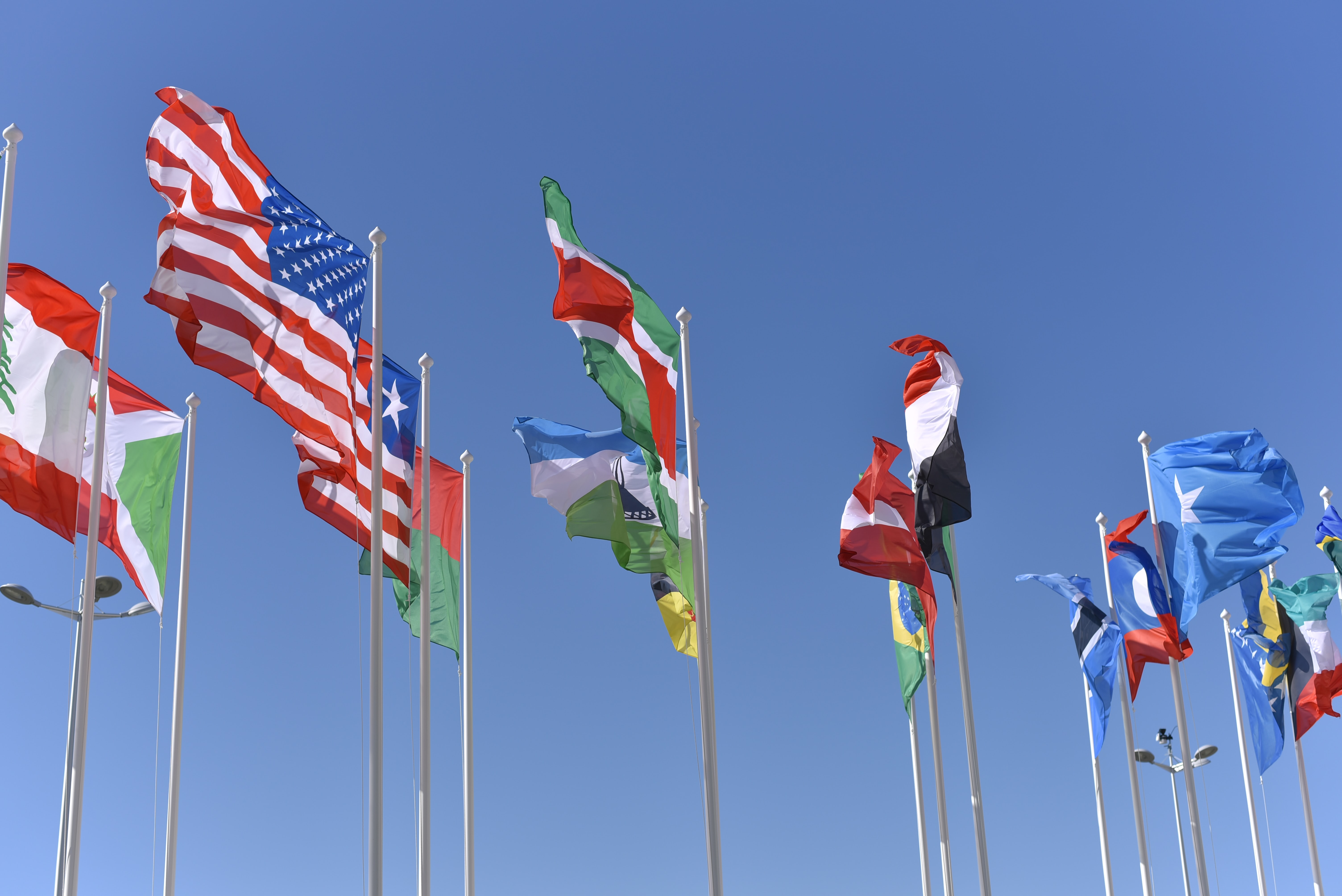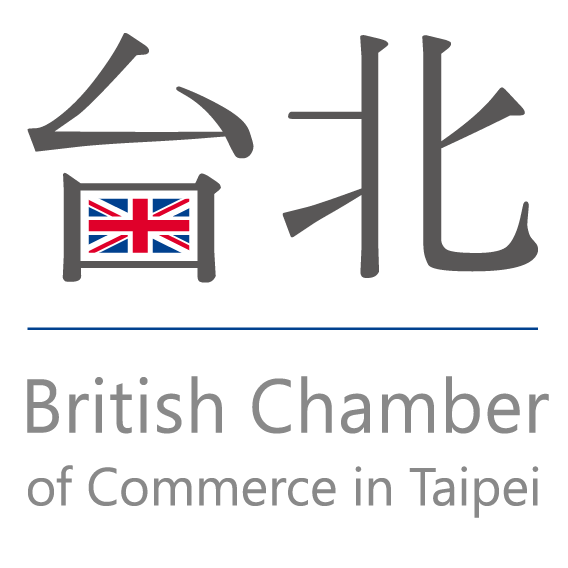G7 message important: academic
The mention of the Taiwan Strait in a communique issued after a meeting of G7 leaders highlighted Taiwan’s growing strategic importance, due largely to its economic strength and location near important sea lanes, an academic said yesterday.
Lin Ying-yu (林穎佑), an assistant professor in National Chung Cheng University’s Institute of Strategic and International Affairs, said the statement reflected “Taiwan’s importance to the whole world.”
The communique was released on the last day of the meeting held from Friday to Sunday in Cornwall, England.
“We underscore the importance of peace and stability across the Taiwan Strait, and encourage the peaceful resolution of cross-strait issues,” it said. “We remain seriously concerned about the situation in the East and South China Seas, and strongly oppose any unilateral attempts to change the status quo and increase tensions.”
It was the first time the annual leaders’ meeting of the world’s seven wealthiest liberal democracies included Taiwan Strait issues in its communique since the G7’s predecessor, the G6, was formed in 1975.
Taiwan’s increasingly significant role in the region was largely due to its economic importance in semiconductor and silicon wafer supply chains, and its location near an important sea lane, Lin said.
Under the so-called “interlinkage of four seas” theory, what happens in the Taiwan Strait could also affect the South China Sea, East China Sea and Yellow Sea, he said.
Any change to the situation in the South China Sea, Taiwan, the Korean Peninsula or Japan could have an impact on the global economy, particularly in an era of economic globalization, he added.
“Amid the COVID-19 pandemic, no country would want instability in the Taiwan Strait,” he added.

Chao Chun-shan (趙春山), an honorary professor in China studies at Tamkang University, addressed the “interlinkage of four seas” theory in an article published in 2018.
He regarded the East China Sea, South China Sea, Yellow Sea and Taiwan Strait as four flashpoints in the East Asian region after the Cold War.
“The areas look independent of each other, but actually influence each other. It is like if you pull one hair, the whole body moves,” he wrote.
Institute for National Defense and Security Research analyst Shu Hsiao-huang (舒孝煌) said that China’s “wolf warrior diplomacy” and incursions into Taiwan’s air defense identification zone in the past two years have raised concerns among countries in the region.
When former US president Donald Trump was in office, the US tried to pull Europe into the Asia-Pacific region, hoping to counter China with a US-Europe alliance, Shu said.
US President Joe Biden has introduced a more refined diplomatic policy, which he has combined with economic power to achieve that goal, Shu added.
Since taking office in January, Biden has said on several occasions that the US would unite its allies to confront challenges from China, and would put human rights at the center of its diplomatic policy.
At the G7 summit, leaders of the allied countries joined Biden’s effort to some extent.
In the communique, the G7 countries pledged to promote their values by “calling on China to respect human rights and fundamental freedoms, especially in relation to Xinjiang and those rights, freedoms and high degree of autonomy for Hong Kong enshrined in the Sino-British Joint Declaration and the Basic Law.”
In a Facebook post in Chinese, President Tsai Ing-wen (蔡英文) yesterday thanked G7 member states for their “resolute support.”
Chinese Nationalist Party (KMT) Chairman Johnny Chiang (江啟臣) said that he hoped the G7 communique, aside from bringing attention to Taiwan, would also help the nation’s efforts to participate in international organizations.
